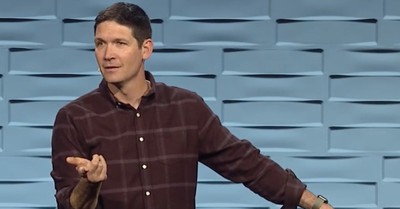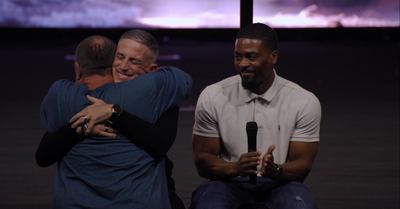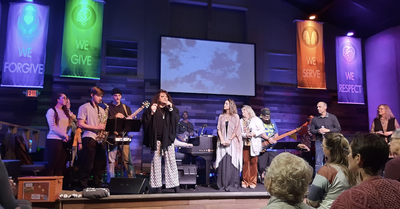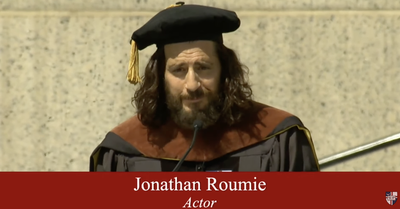More than two weeks after Rev. Clementa Pinckney and eight of his parishioners were shot to death in the basement of Emanuel AME Church in downtown Charleston, S.C., questions hang heavy in the humidity of this Southern coastal city: What will sustain the beautiful display of unity among races visible in the shooting’s aftermath? How do churches keep racial reconciliation on the street and not cloistered behind church walls as a relic to be brought out after the next crisis?
“People want to engage and grieve, but there is a lot that works against lasting change,” said Bishop Mark Lawrence of the Anglican Diocese of South Carolina. “People want to get back to what they perceive as normal as quickly as possible.”
It’s that “stasis,” as Lawrence calls it, that consumed the prayers of close to a hundred Charleston-area pastors who gathered June 30 next door to Mother Emanuel AME at Citadel Square Baptist Church. Clergy of various denominations and races—some in clerical attire and others in blue jeans, some women but mostly men—joined hands in small groups to pray for personal repentance and that the city would turn from divisions hindering the gospel message.
They prayed for revival and reconciliation, and for the Holy Spirit to refresh the churches to bring people together and communicate a “multi-ethnic” presentation of the gospel that speaks to all people.
“There’s always the work of the Holy Spirit that has to sustain movements like this,” said prayer gathering organizer Craig Tuck, a pastor of Centerpoint Church of North Charleston. “Our intentions are to come together at least in conversation and dialog,” something he acknowledged has been happening in the community “in different ways, but not consistently.”
The Charleston Ecclesiastical Council (CEC), a coalition of about 300 churches in Berkeley, Charleston, and Dorchester counties, has worked for the past few years to build relationships and encourage conversation across racial and denominational lines.
“The Christian community has the largest voice in South Carolina, if they would ever speak with one voice,” said CEC chief commissioner Edward L. Johnson, pastor of Friendship Inspirational Church of God in Christ in Lincolnville, S.C.
The CEC works to build that “one voice” by promoting collaboration among the local ecclesiastical, civic, and political communities.
“We want to be the the spiritual voice and moral clarity to the community. We want to tear down walls,” Johnson said. “Racial walls, denominational walls—we don’t have Bible for any of that.”
Tuck laid out a plan to bring the races together that begins with prayer.
“We’ve got to come back to the root, which is prayer, dependency on God, and interdependency on one another.” Then “create tables,” he said, where people can have conversations that lead toward some kind of movement. He established “One Charleston,” the group responsible for the June 30 clergy prayer gathering, as a table for dialog and to create a pathway, “almost like tracks that we can run on together.”
From the dialog, he envisions gospel-based restoration and reconciliation, leading to “on-ramps,” such as mentoring programs that pair successful black business leaders with aspiring young white business leaders, and vice versa, successful white business leaders with aspiring young black business leaders.
“Now is not the time to shrink back,” Tuck said. “It’s time to press forward, to ask what we can do now. What are the on-ramps out of conversations around tables that will lead us to see sustainable pathways on which to bring about a multi-ethnic gospel? I believe God has prepared us for this moment, and tragedy is the catalyst to going forward.”
Courtesy: WORLD News Service
Publication date: July 13, 2015










